The HealthInfoNet‘s role in empowering Indigenous people by providing them with access to relevant, high-quality information about Indigenous health was reflected in the theme of the Institute’s 2001 conference – ‘The power of knowledge, the resonance of tradition in Indigenous studies’.
The conference, held in Canberra from 18-20 September, provided the HealthInfoNet with an opportunity of sharing its work – and its vision – with more than 300 Indigenous and non-Indigenous delegates from all parts of Australia. As well as conducting an Internet café to introduce delegates to online services and technology providing information on Indigenous health, the HealthInfoNet Director, Professor Neil Thomson, gave a presentation entitled ‘The Australian Indigenous HealthInfoNet – using the Internet to empower Indigenous people in the area of health’.
Conference delegates were welcomed to Ngunnawal lands by Ms Matilda House, a representative of the Ngunnawal people, before hearing Professor Marcia Langton’s keynote address summarising the major changes that have occurred in Indigenous studies since the Institute’s establishment in 1964.
Included in the diverse and interesting sessions on various aspects of Indigenous studies were two devoted to health-related issues. Speakers in these sessions included HealthInfoNet Consultants, Dr Maggie Brady (‘Making use of medics: overcoming cultural constraints in alcohol interventions’), Professor Ernest Hunter (‘Finding words for it: the contested prose, poetry, politics and practice of Indigenous “mental health”‘) and Paul Pholeros (‘Fixing houses for better health’). Dr Kingsley Palmer, former Deputy Principal of the Institute, presented a paper entitled ‘Dependency, development technology and administrative imperialism’ and Dr Elspeth Young one entitled ‘Rhetoric to reality: meeting the challenge in Indigenous cattle station communities’.
The café, conducted by Neil and Catherine Stokes, webmaster in the Office of Aboriginal and Torres Strait Islander Health, provided delegates with personalised and informal sessions on the Internet. Sessions were adapted to the individual’s knowledge and skills of the technology and the Internet. New users were shown the HealthInfoNet Internet site and guided through its major sections. Participants were encouraged to explore theHealthInfoNet and other Internet sites in search of material about their specific health interests. As well those involved in Indigenous health, the café showed people with interests in other areas of Indigenous studies how they could access information about health to complement their core interests.
Using a digital camera, Catherine and Neil took photos at the conference of speakers and delegates – at work and at the Chairperson’s dinner. Mick Dodson, the Institute Chairperson, challenged and entertained dinner guests in his address considering the past and future in Indigenous studies. He emphasised the importance of the Institute’s magnificent new building, co-located with the Museum of Australia on Canberra’s Acton Peninsular. The building was opened officially on Monday 17 September.
The Australian Indigenous HealthInfoNet is grateful to the Institute for providing financial support for the conduct of the Internet café, to the Office of Aboriginal and Torres Strait Islander Health for allowing Catherine to assist, and to Catherine for her enthusiastic, friendly and hard-working participation.
Footnote: The conference enabled the HealthInfoNet to return to its roots – as outlined in Background to the HealthInfoNet, the genesis of the HealthInfoNet can be traced to 1981, when then Australian Institute of Aboriginal Studies established a research fellowship to enable the collection, synthesis and dissemination of information about Aboriginal and Torres Strait Islander health. The HealthInfoNet Director, Neil Thomson, was appointed to that research fellowship in May 1981.


